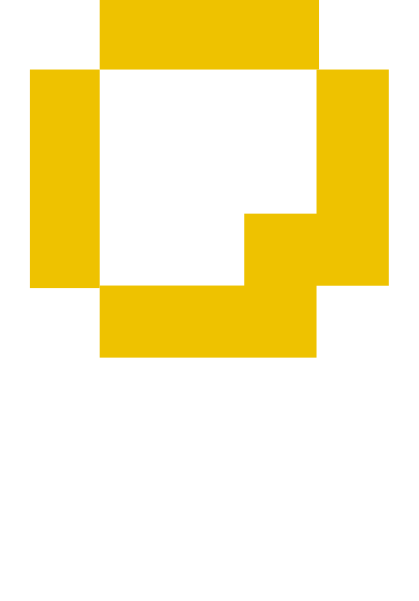
What is your number?
When it comes to lifestyle financial planning,
there are three key questions that we help clients to understand…
What is your end goal?
Ultimately, our end goal is what we’re looking to achieve, both personally and professionally.
For some, the end goal is simply a long-term plan to retire comfortably, with sufficient assets to support the younger generations of our families. Maybe even tick off that ever-growing “bucket list”. For others, there may also be shorter-term goals, such as jumping aboard the property ladder, saving for school and university fees, setting up a business (or changing careers), and the like.
When do you want to reach this end goal?
This may well be the specific age at which you want to retire, but could also cover the timeframe within which you want to sell your business or transition to a part-time role.
What is your number?
Before making a momentous or transformative life decision, we all need to know how much we’ll need to have saved in order to comfortably commit to the relevant course of action. For example:
If you want to retire and see out the rest of your life travelling the world, how large would your pension pot need to be to comfortably cover the cost? Some of our clients had already reached this number when they came to us - they just hadn’t realised it!
If you want to buy a property or a motorhome, or perhaps renovate your family home, how much would you need to save on a month by month basis to achieve this goal by a specific date?
If you want to relocate – perhaps for better schools or a lifestyle change – we can help you to understand what this will cost and how this could impact your family.
If you want to enrol your children in private school, what could this end up costing in the long-run and how can you ensure your ability to financially commit?
If career changing, how much would you need to earn to maintain your current lifestyle, given the potential tax efficiencies you could capitalise on if you set up your own business, transitioned to a freelance role or started accepting part-payment in equity?
Until we know this number, it can be impossible to plan effectively towards hitting an end goal by a certain date. The earlier we understand this number, the more responsive and adaptable we can be to opportunities and setbacks (including unforeseen changes to our own financial circumstances), and the more responsive and adaptable we can be, the sooner we’ll achieve that end goal.
Once you understand this number, you’ll likely be very surprised at how quickly this can be achieved with just a few practical adjustments. And this is where Opus Independent Financial Planning comes into play. It’s our sweet spot.



